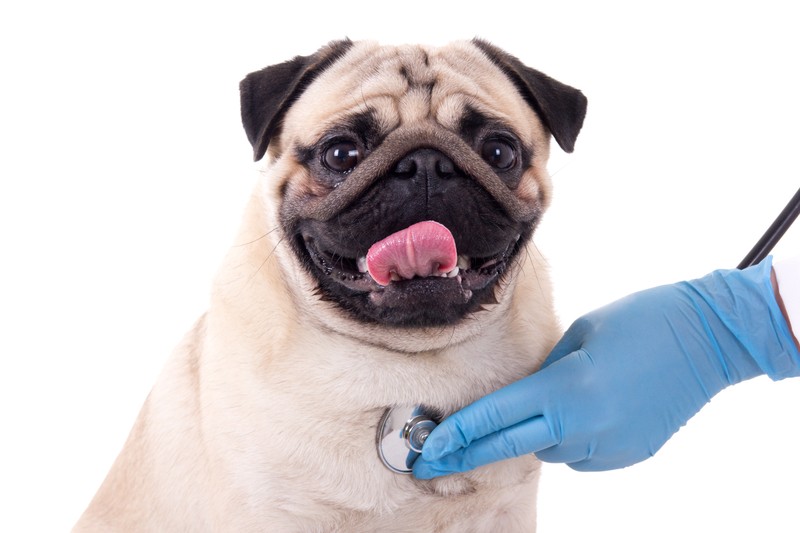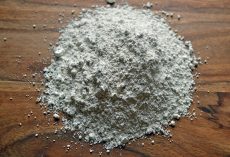Besides what we have already discussed, experts also say that fat can act as an automatic barrier, shielding your pet's body against heat loss. Fat will protect organs and avert excess water loss.
Benefits of Essential Fatty Acids for Your Pet
There are two types of dietary fats: facilitative and functional. Facilitative fats are saturated fats. They are found in relatively large amounts in the diets of cats and dogs, and aren't considered to be detrimental to a pet's health except in the case of obese animals fed diets high in both fat and calories.Functional fats are usually, but not always, essential fatty acids (EFAs). These fats are called essential because they are a vital part of your pet's diet, but he can't produce them on his own. EFAs are known more commonly as omega-6 fats and omega-3 fats. Your pet needs a balance of both for good health, but it's the omega-3s that are proving to be incredibly beneficial in treating a wide variety of health conditions.
Omega-3 fatty acids include alpha-linolenic acid (ALA), docosahexaenoic acid (DHA), and eicosapentaneoic acid (EPA).
Omega-3s play a role in your pet's overall health in many ways, among them:
•Alleviating the harmful effects of allergies and other conditions that result from an over reactive immune system response
•Slowing the growth of common yeast infections
•Aiding proper development of the retina and visual cortex
•Regulating blood-clotting activity
•Slowing the development and spread of certain pet cancers
The benefits of fats in your dog’s diet are now fairly clear but to read more go to Healthy Pets, where we hear how fats also help cardiovascular disorders, cognitive function and neurological health, inflammatory skin disease, kidney disease, and osteoarthritis!
It's always important to check with a veterinarian to determine how to best enhance your dog's diet with the fatty acids.









